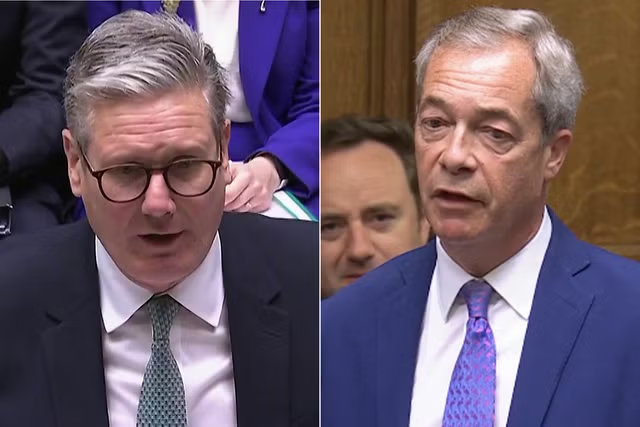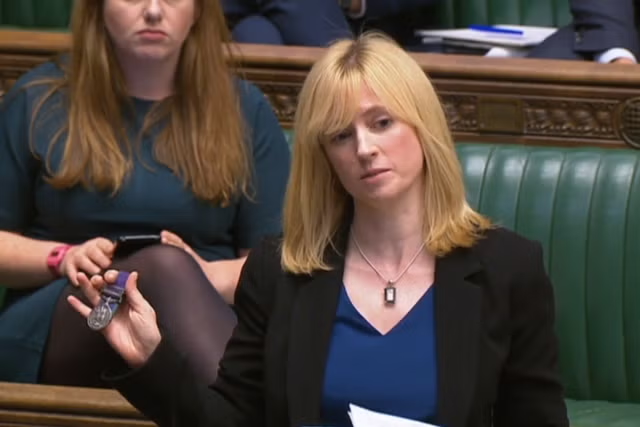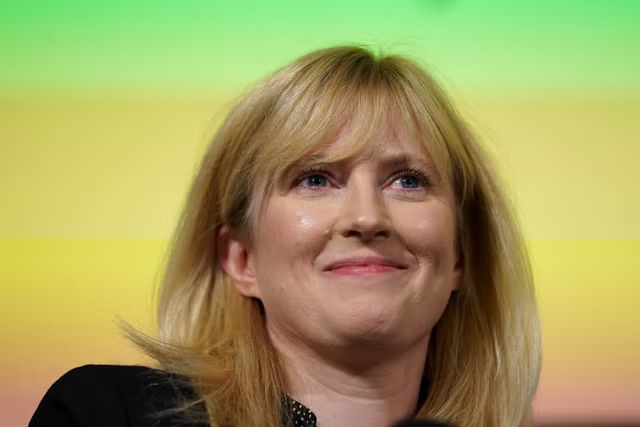Lenin once reputedly said that there are decades where nothing happens, and weeks where decades happen. Soon after the millennium, the British Isles experienced a rush of history: a financial emergency, six general elections, five new prime ministers, a constitutional crisis, a pandemic – and then the death of the Queen.
Some have said that these were the nation’s worst years since the Napoleonic wars, and there is one politician who has blazed a meteoric trail across almost every page of this teeming history: Boris Johnson. But only now is he telling his story, for no less than a reported half a million pounds and counting.
At that price, never mind setting the record straight, he’ll have to deliver. But what is in the offing from such a maverick pen? As he might put it, a macédoine of regret, maybe mortification, and dismay? As the first parts of Unleashed are serialised, we finally get a hint of what might be to come.
Johnson’s predecessors have had their say. Cameron’s apologia, For the Record, was a stodgy anthology of special pleading, a mea culpa on stilts. Theresa May’s The Abuse of Power was not just deadly but dead on arrival, and sank without a trace.
Who else? There is, incorrigibly, the ludicrous lettuce queen herself. Liz Truss, in power for 49 days, wrote Ten Years to Save the West, a mad volume of 320 pages (or 6.5 pages per day) that was at once semi-literate, comically self-deluded, and weirdly confessional (aka self-serving). A shockingly low bar had been set.
Johnson, an accomplished journalist, had already begun to rehearse his lines before he was even prime minister. While Cameron et al were strutting across the stage, Boris was alleged to be writing – or not writing – a book about Shakespeare.
In light of what happened to him from 2019 (that freakish landslide election victory), by way of the pandemic, to 2022 (his hasty, ignominious exit), Shakespeare was possibly a useful primer, planting seeds he could nurture among the hothouse orchids of the memoirs.
Now, finally, that moment has come. Johnson’s tell-all version of events is shortly to be released in its full glory. He comes bounding into our midst, slobbering and wagging his tail, unmuzzled. Or, as his publishers put it, a little more decorously, Unleashed.
We are invited to “discover the unfiltered truth about Brexit, Covid, and the Conservative Party”. Unfiltered? Well, maybe. Nothing was more “filtered” than Johnson’s command of his conduct as the faux-scruffy tribune of the people. Actually, until its full publication on 10 October, his text is both tightly leashed and muzzled under a heavy embargo.
But even before we address the character of Johnson, and that of his premiership – its highs, lows, and tragi-comic denouement – the iron laws of British political autobiography dictate that some inevitable tropes will be on full display.
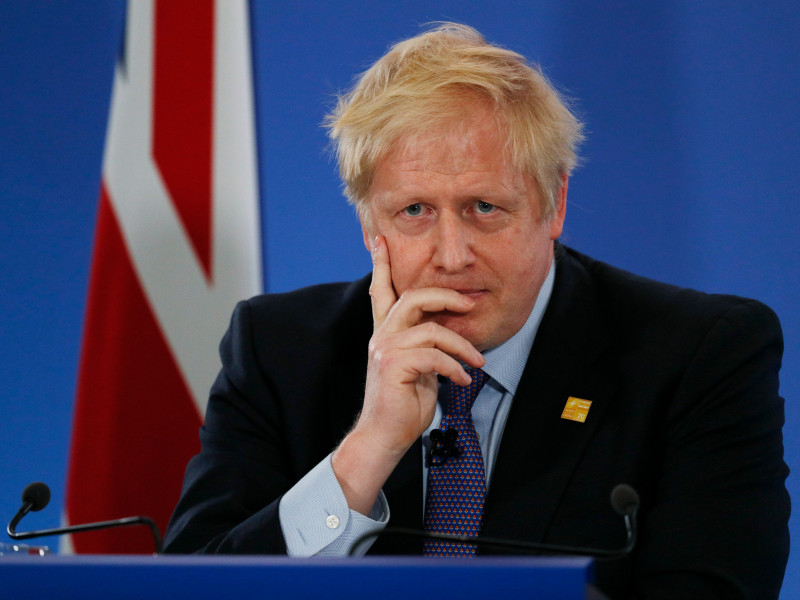
Like any opportunistic political memoir, Unleashed will have its share of truth-bending, score-settling, record-defending, and body-burying. Revenge is doubtless a dish best served cold. This one is served up exquisitely garnished with the choicest condiments, herbs, and spices.
Johnson’s narrative is already being offered to the public in its glossiest guise, as “gripping”, “unmissable”, and “unvarnished”. Painful though it is to bring this up, there are – to use an old English word – what we must call Johnson’s “truths” to reckon with.
During his scramble to the top of the greasy pole, and his vertiginous and hectic tenancy there that preceded his inevitable descent, Johnson was widely scorned as a bare-faced, and often quite incompetent, liar. And never more so than in the conduct of his signature campaign – his government’s response to Covid. That story is at the heart of Unleashed.
It will also be seasoned throughout with some tasty revelations about Brexit & Megxit. (Johnson is too much of a Fleet Street pro to miss the opportunity for name-checks of the King, Prince Harry, and the troubled Windsors.) Many a Westminster haruspex (entrail expert) will soon regale us with the most egregious examples of “Boris Bulls***”: the ex-PM’s porkies, stretchers, hummers, clankers, fibs, whoppers, falsehoods, and yankers (a British dialect term that is new to me).
Le style, c’est l’homme – and you can follow our hero’s literary career to detect other clues about the man and his character. Ever since 2014, it is known that Johnson nurtures a near-slavish devotion to the memory and achievements of Winston Churchill. How One Man Made History, the subtitle to his bestseller The Churchill Factor, is nothing if not candid.
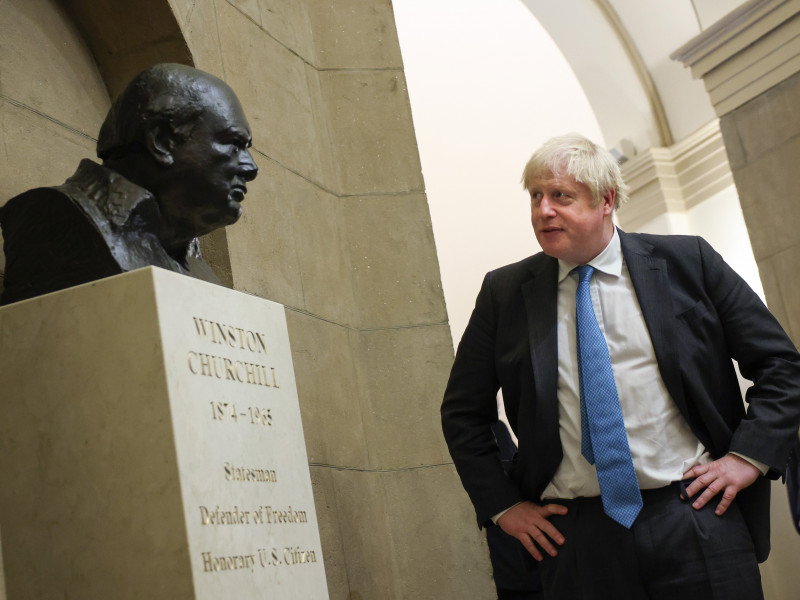
In the business of “making history”, Johnson will no doubt remember that in an apocryphal conversation with Stalin, Churchill once boasted, in jest, that “History will be kind to me, because I intend to write it.”
Johnson is emphatically not Churchill, but he possesses something that every memoir-writer needs, and that Churchill had in spades – a voice.
Famously, the hero of World War Two once said of his wartime broadcasts: “It was the British people who had the courage of a lion; I simply had the luck to give the roar.” Johnson does not roar, but his bark is inimitable, and Unleashed will doubtless“sizzle” with the bogus “izzats” of self-justification when it is published in full.
Evelyn Waugh, who loathed Churchill, said the wartime leader was “a master of sham-Augustan prose”. Johnson would never dare, or want, to be Augustan in the manner of Edward Gibbon (he of The History of the Decline and Fall of the Roman Empire), but his classical education has given him a way with lofty metaphors and a diverting turn of phrase.
He relentlessly tells us that he knows the tricks of ancient rhetoric: from chiasmus (reversal of word order) to ethos (credibility), pathos (emotional appeal), anaphora (repetition), and antithesis (opposition of ideas). The Churchill model suggests that, whatever else might be going on in Unleashed, Johnson’s style is pressed into the service of a crafty old Anglo-Saxon trick – POV (point of view). That this memoir will be cunningly self-centred throughout to an astounding degree is a no-brainer. No Narcissus ever stared more intently, or with deeper fascination, into the limpid waters of self-love.
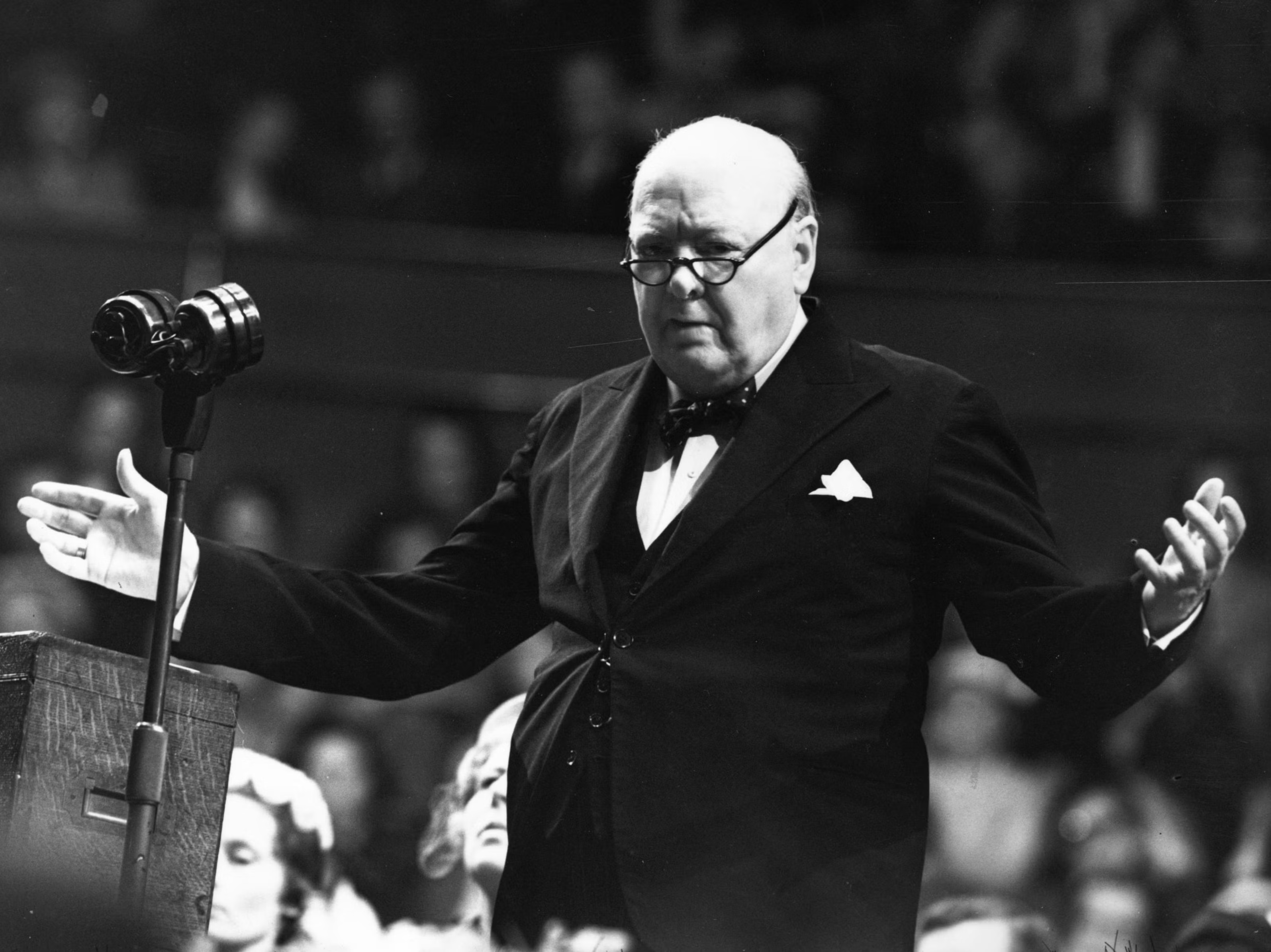
If we pursue these classical allusions, however, we must concede that Boris also has an achilles heel. Where Churchill has natural oomph – gravitas, dignity, and grandeur –combined with an impish, even childlike levity, Johnson has only the instinctive frivolity of the man who longs to be loved to sustain him through the memoir’s trackless deserts of print.
Apropos frivolity, our “hero” is sometimes compared to the Bertie Wooster of those inimitable PG Wodehouse stories, but while Bertie and Boris are both Old Etonians, this is where the similarity ends. Bertie, a young twit who’s wholly and blissfully innocent, was never more (or less) than a lissom drone, a nincompoop in thrall to the sober genius of his manservant Jeeves, who describes his master as “mentally negligible”.
Contrariwise, Johnson is no fool, and is far from “mentally negligible”. In many ways, Bojo’s problem is that he’s just a bit too “ligible”, entangled in that self-inflicted web of deceit and dissimulation.
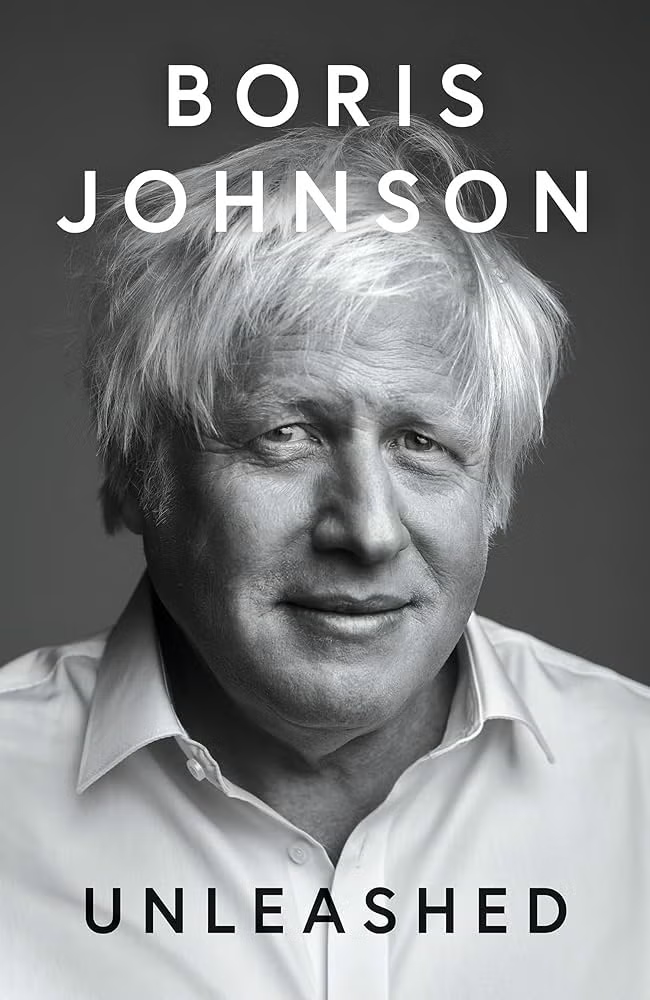
His prose style, combining the patrician and the popular, is a mix of Savoy Grill and metropolitan McDonald’s (at once super-rich and awesomely cheap). He is blissfully at home in his own company, a stranger to reticence or self-doubt. You will only ever catch Boris Johnson looking in the mirror to re-ruffle his blond thatch, or to disarray and loosen his shambolic tie.
If he’s not Bertie (or indeed, Jeeves), who is he? In his book The Churchill Factor, like lightning at a summer picnic, we get a few uncertain flickers. On one page, tellingly, there’s the suggestion that Churchill (and, by implication, his understudy) should be compared to Falstaff, a fellow who is, in his own words, “not only witty in myself, but the cause that wit is in other men”.
Now, while it’s true that the fat knight’s addiction to irony makes him a profoundly English hero – a natural reprobate, crowd-pleaser, and prince-charmer – he’s a lot of other things, too. As Ian McKellen so brilliantly demonstrated in Player Kings, Shakespeare’s Falstaff is a nasty piece of work: dissolute, immoral, cowardly, deceitful, dishonourable and intemperate: quite the opposite of his reputation, and beset by qualities that would make Johnson flinch.
If not Falstaff, then what about Banquo’s Ghost? He has strutted his hour upon the stage, and knows he’s eternally braided into history as a figure of myth and majesty. Does Unleashed, we wonder, contain a coded appeal for that great Shakespearean theme, the Second Chance?
Here’s a troubling and final known-unknown: does Johnson envisage a comeback? Once published in full, Unleashed will certainly be an exercise in the three Rs: Revenge, Record, and Relitigate. Does Johnson have the chutzpah – the sheer and unmitigated brass – to make a pitch for a fourth R: Redemption? In the words of HH Asquith, we’ll have to “Wait and see.”
Disclaimer: The copyright of this article belongs to the original author. Reposting this article is solely for the purpose of information dissemination and does not constitute any investment advice. If there is any infringement, please contact us immediately. We will make corrections or deletions as necessary. Thank you.

